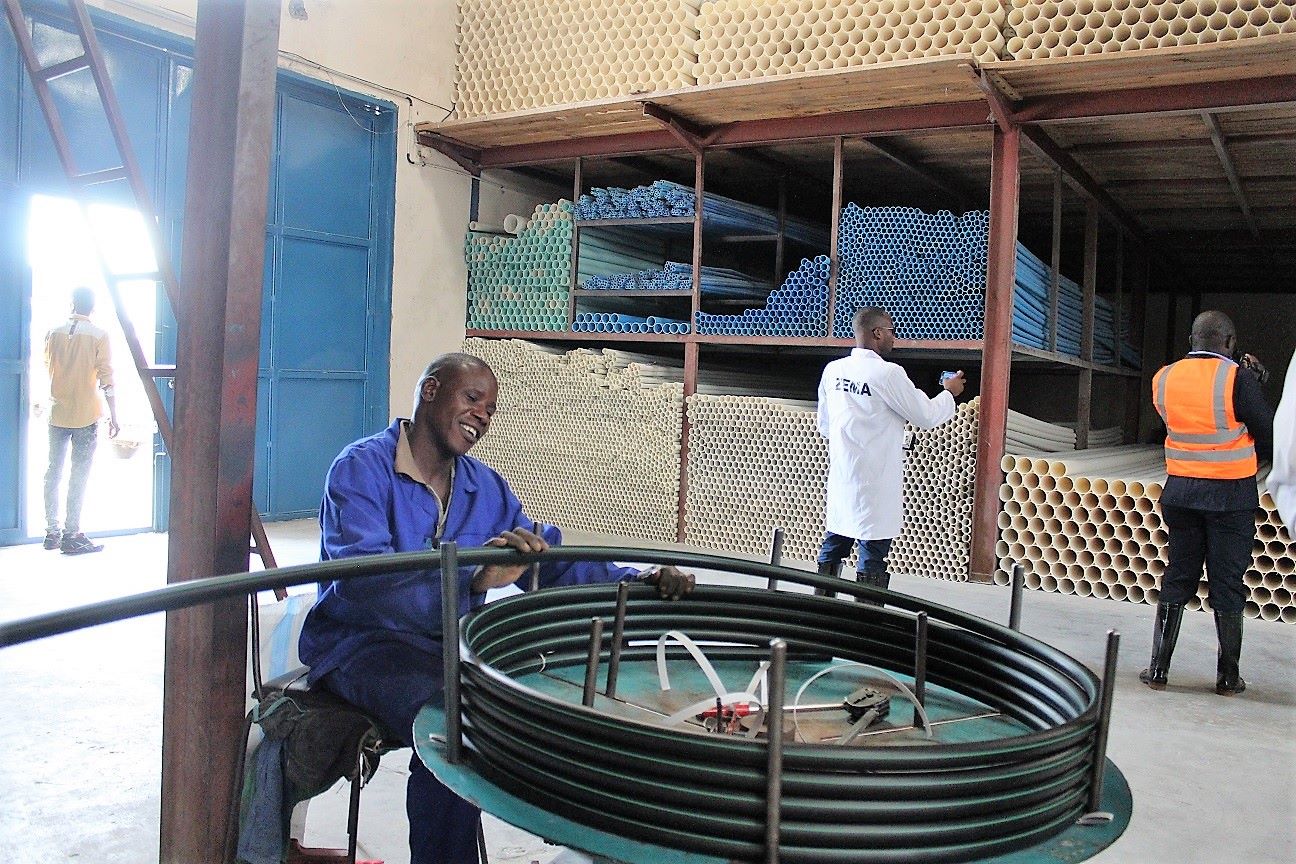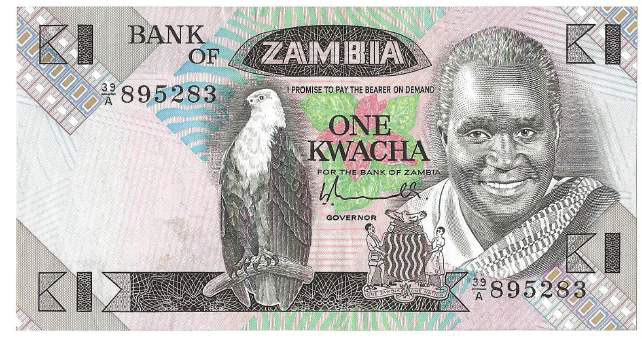Zambia like many developing countries has not been spared from a number of environmental challenges one of which is, inappropriate management of waste.
It is estimated that only about 7 percent of urban and rural populations have access to refuse collection and the most common method of disposal is pitting and uncontrolled dumping. Illegal open air burning of waste is one of the most common practices for reducing waste volume. Waste is generally not segregated according to waste streams, but disposed of together through a combination of informal, public and private channels.
In planned residential areas, it is the responsibility of land and homeowners to contract a waste collection company to service their area. Waste collection in unplanned settlements which generate most of the waste in cities continues to be challenge as the road infrastructure makes it difficult for waste collection trucks to reach most households or collection points. Additional challenges impacting waste collection and transport in the country include; inadequate capacity for waste collection, improper bin collection systems and distances to collection bins, lack of information around collection schedules, unwillingness of users to pay for the service, and sub-standard infrastructure.
Furthermore, the waste management sector is in a weak state characterized by poor performance mainly due to inadequate investments in infrastructure. Currently, Zambia only has one engineered waste disposal site in Lusaka.
The management of solid waste has over the years been a challenging issue in Zambia and is potentially contributing to public health and environmental implications. According to the Living Conditions Monitoring Survey of 2013/14, only 7% of households (15% urban and 2% rural) had their waste collected.

Waste Recycling
In response to waste generation, the country has witnessed an emergence of a recycling industry. Recycling industries especially for metal, paper and plastic has significantly grown and the demand for recyclables has created employment within communities where community members collect these recyclables and earn an income. An example of such a recycling initiative is Manja Pamodzi supported by Zambian Breweries and Millennium Challenge Account. The project aims to financially empower women and create employment through collecting and recycling of uncollected waste. The waste that is collected under the project include High Density Polyethylene (HDPEs) like Super Shake packs, Polyethylene (PET) like plastic bottles of Sprite, Fanta and Coca-Cola as well as cartons such as Chibuku packs.
Extended Producer Responsibility
Government enacted the Environmental Management (Extended Producer Responsibility) Regulation (EPR) No. 65 of 2018. The EPR Regulations require a person or persons whose activities generate waste with potential to pollute the environment to employ measures essential to minimise waste through treatment, reclamation, re-use or recycling.
Packaging materials and products covered by the Regulations include; Cartons, Non-returnable Glass and Plastic Bottles, Plastic Carrier and Flat Bags, Beverage Cans, Waste Oils and Lubricant Containers, Used Lead Acid Batteries, Pesticides and Chemical Containers and Expired Chemicals. Others listed are; Used Tyres, near end of life or end of life Electrical and Electronics and Electrical and Electronic Equipment.
The EPR Regulations ban the use, manufacture, trading, retail, importation and commercial distribution of plastic carrier bags and plastic flat bags that are below 30 microns in thickness.
In view of this legislation, retail outlets are required to provide compliant plastic carrier bags and supply or sell alternative shopping bags on request. Further, the Regulation does not prevent a person from requiring a customer to pay a fee for the provision of an alternative shopping bag. The cost of the plastic is usually a minimum fee aimed at returning the cost of the bag. Selling of the plastic is also a deterrent for plastic pollution as people will value the plastic that they buy and will only buy the number that they need.

EPR Benefits
The EPR Regulations help producers minimise environmental impacts by encouraging producers to find ways to reduce the costs associated with end-of-life products. For example, by designing products better so they last longer, thus making them more suitable for trade-in or upgrade, or simply easier to recycle. Under EPR Regulations, producers may also get a greater say in how product take-back and recycling schemes operate, enabling them to secure better access to secondary materials for their own supply chains. This promotes sustainable consumption of natural resources.
EPR Regulations has economic benefits such as reduction of waste disposal costs. EPR programmes that target packaging products items that frequently litter such as plastic bags, plastic and glass bottles will save Local Authorities in clean-up costs. This may help Local Authorities to channel funds to other developmental projects.
It will also result in fairer models of consumption because EPR costs are often built into the purchase price of a product. Only those consumers who buy the product end up paying for its disposal. Consequently, there will be an improved drainage network system which has always been blocked by the different packaging materials.
According to ZEMA Director General, John Msimuko, “The EPR Regulations present economic benefits among them a reduction of waste disposal costs, job creation through establishment of recycling industries and conservation of natural resources.”
ZEMA is therefore positive that their implementation will result in minimisation of waste and promote a cleaner and healthier Zambia!








